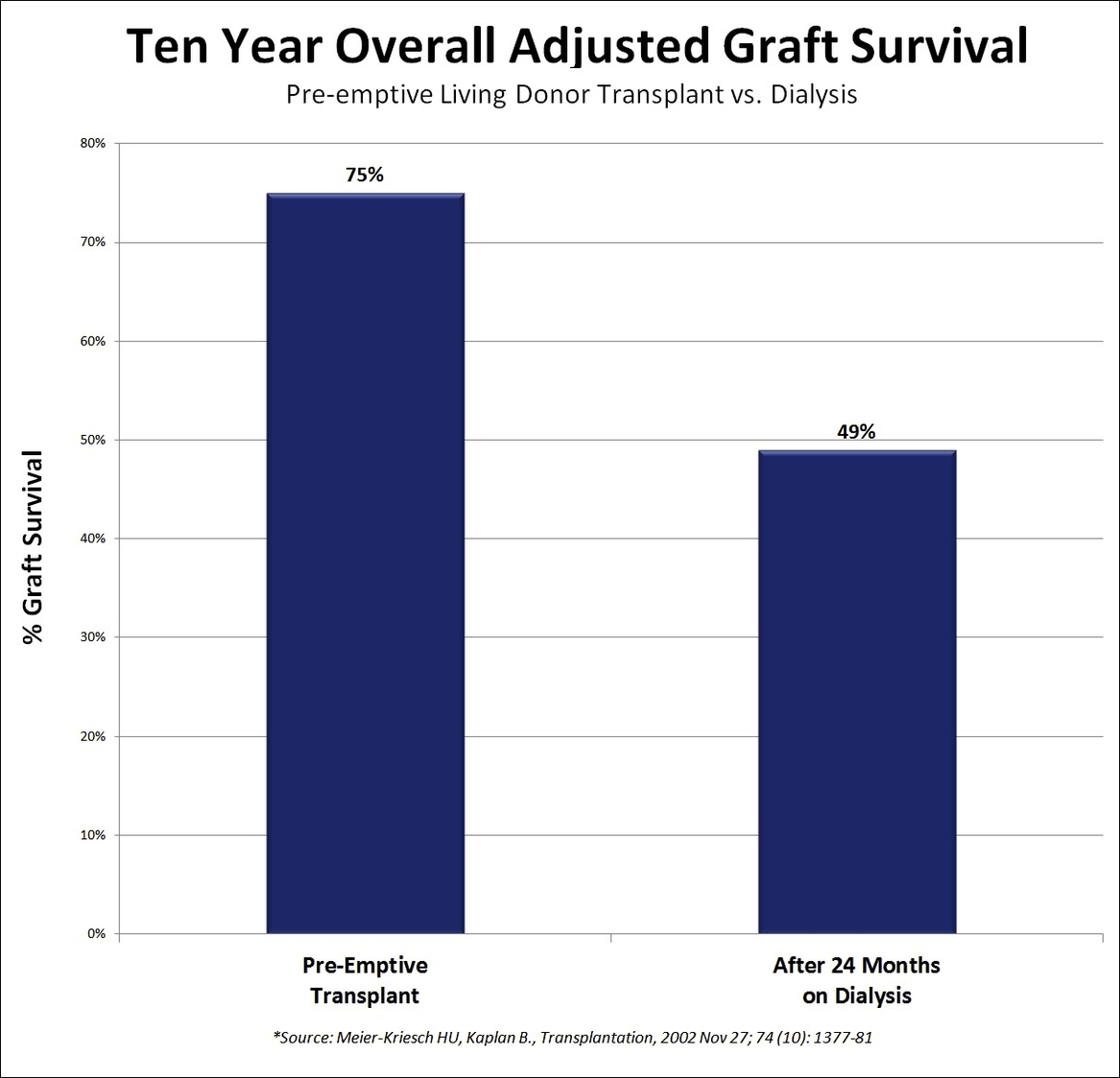Kidney Transplant vs Dialysis
Kidney failure, also known as end-stage renal disease, is a critical health condition where the kidneys can no longer function effectively. When this happens, waste products, electrolytes, and fluid build up in the blood. The two primary treatments for kidney failure are dialysis and kidney transplantation.
Dialysis
Dialysis is a treatment that filters and purifies the blood using a machine. This helps keep your body in balance when the kidneys can’t perform this function. There are two types of dialysis: hemodialysis and peritoneal dialysis.
*Hemodialysis* uses a machine to filter waste and water from your blood. It involves circulating the patient’s blood outside of the body through a machine that contains a dialyzer (also known as an artificial kidney). The dialyzer has two parts, one for the patient’s blood and one for a washing fluid called dialysate. A thin membrane separates these two parts. Blood cells, protein and other important things remain in the blood because they are too big to pass through the membrane. Smaller waste products in the blood, such as urea, creatinine, potassium and extra fluid pass through the membrane and are washed away.
*Peritoneal dialysis* uses the lining of your abdominal cavity (the space in your body that holds organs like the stomach, intestines, and liver) and a cleaning solution called dialysate to clean your blood. Dialysate absorbs waste and fluid from your blood, using your peritoneum as a filter.
Kidney Transplant
A kidney transplant is a surgical procedure to place a healthy kidney from a living or deceased donor into a person whose kidneys no longer function properly. The new kidney takes over the function of the failing kidneys. However, it’s important to note that a kidney transplant is a treatment for kidney failure, not a cure.
Comparison
While dialysis can be performed at home and is less disruptive to lifestyle, kidney transplantation can more completely take over the function of the failing kidneys. A kidney transplant should be performed or dialysis should begin before kidney disease has advanced to the point where life-threatening complications occur.
tudies have found a significantly lower mortality risk associated with kidney transplantation and an increase in the relative magnitude of the survival benefit over time. However, the decision between dialysis and transplantation depends on a number of factors, including the patient’s kidney function, overall health, and personal preferences.
In conclusion, both dialysis and kidney transplantation are viable treatments for kidney failure. The choice between the two depends on various factors and should be made in consultation with a healthcare provider.



